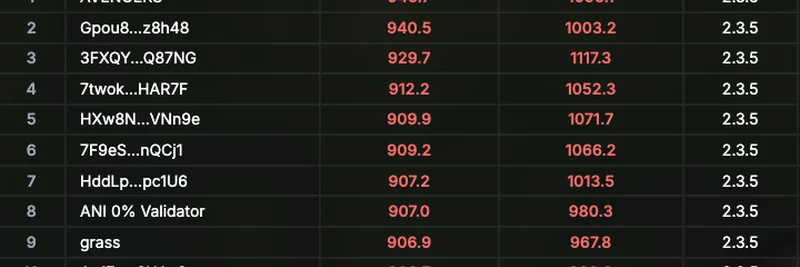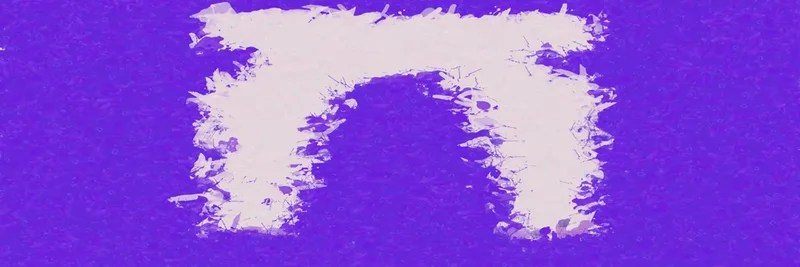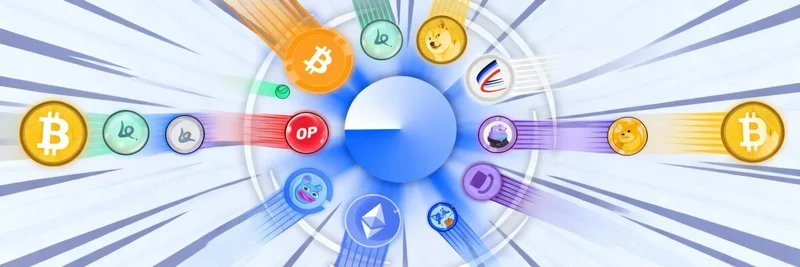In the fast-paced world of blockchain, Solana has become a hotspot for meme tokens, thanks to its lightning-fast transactions and low fees. But a recent tweet thread has sparked a heated discussion about a potential Achilles' heel in the network's design. Max Resnick, Lead Economist at Anza, shared his thoughts on why depending on validators' goodwill – or "altruism" – might not hold up as Solana scales.
The conversation started with a post from Matthias Schmitz, Head of Infrastructure at Staking Facilities, who called out what he dubbed "ILRB 2.0." For those new to the term, ILRB stands for "Intentional Late Block Relay," a tactic where validators deliberately delay producing blocks to snag extra rewards from the next validator in line. This not only slows down the entire chain but also disrupts the smooth flow that meme token traders rely on for quick pumps and dumps.
Schmitz highlighted how just 10 validators were dragging block times to "ridiculous lengths," essentially gaming the system at the expense of the network's performance. He urged Anza, the team behind Solana's development, to address this urgently.
Resnick's response cuts to the core: the "social layer" – that informal agreement among participants to play fair – isn't robust enough against self-interested actors. In simple terms, validators are like the referees and players in Solana's game. If they're motivated purely by profit, they might bend rules to maximize their gains, even if it hurts the overall ecosystem.
He argues that altruism will inevitably crumble under economic pressure. As Solana grows – and with it, the value at stake – these pressures intensify. For meme token enthusiasts, this could mean more frequent network slowdowns, higher failed transaction rates, and lost opportunities in volatile markets. Imagine trying to snipe a hot new meme coin only for the chain to lag because a few validators are prioritizing their wallets over the community's health.
Resnick isn't just complaining; he's advocating for ambition. He wants Solana to scale massively, handling orders of magnitude more economic activity. But without shifting from duct-tape solutions like social slashing (where the community punishes bad actors informally), the network risks collapsing under its own success.
This isn't a new debate in crypto. Bitcoin and Ethereum rely on economic incentives baked into their protocols to align participants' interests. Solana, with its proof-of-stake and history mechanisms, has innovated on speed, but incidents like this show where incentives might misalign.
Replies to the thread echo similar sentiments. Solana co-founder Anatoly Yakovenko suggested a drastic "nuke from orbit" approach, implying swift and severe action against offenders. Others pointed out that Solana's validator set could be influenced cheaply – under $100M – highlighting a distribution issue that makes the network vulnerable.
For meme token creators and traders on platforms like Pump.fun or Raydium, these insights are crucial. A stable, incentive-aligned Solana means more reliable launches and trades. If you're building or investing in memes, keep an eye on protocol upgrades that introduce stronger economic deterrents to bad behavior.
As the blockchain space evolves, lessons from Solana could influence other chains too. Whether it's through better reward structures or automated penalties, the goal is to make selfishness work for the network, not against it. What's your take? Is altruism enough, or does crypto need ironclad economics to thrive?




